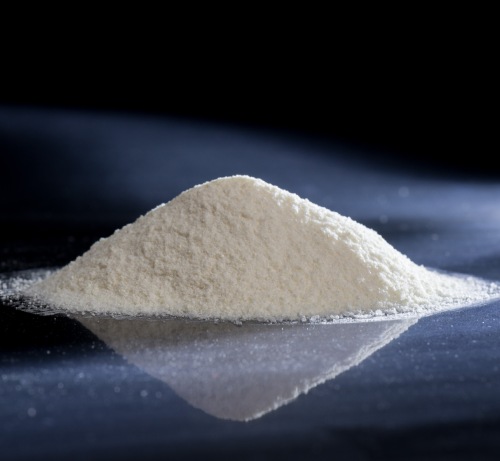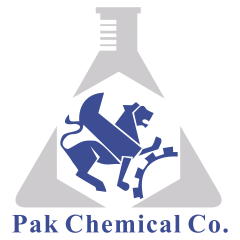Applications of Barium Stearate
Manufacturers produce barium stearate by combining barium, a metal ion, with stearate, an anion derived from stearic acid, resulting in the chemical compound C_36H_70BaO_4. It appears as a white, water-insoluble powder that has a variety of industrial applications. For several decades, experts have documented the properties of the compound in the field of chemistry. Here, we delve into its numerous applications across industries:
1. Plastics Industry
Stabilizer for PVC: One of the main applications of barium stearate is as a heat stabilizer in the processing of polyvinyl chloride (PVC) and other related polymers. PVC can degrade upon heating, which is a step in its processing. Barium stearate helps to prevent this thermal degradation and any subsequent color change.
Lubrication: In plastic manufacturing, barium stearate serves as an internal/external lubricant, ensuring a smooth processing experience. It aids in the uniform dispersion of other ingredients within the polymer and also facilitates the release of finished products from molds.
2. Rubber Industry
Rubber producers use barium stearate as a co-stabilizer and lubricant. It facilitates the dispersion of fillers in the rubber matrix, ensuring a consistent product. Furthermore, its lubricating properties can help in processing and mold release.
3. Cosmetics & Pharmaceuticals (Applications of Barium Stearate)
Cosmetics and pharmaceutical industries sometimes utilize barium stearate as a consistency regulator or emulsifier, though this is not its main application. It helps maintain the stability of emulsions, ensuring that the product remains consistent in its texture and performance.
4. Paint Industry
In the paint industry, barium stearate serves as a flatting and sanding agent. It can help control the gloss level of paints and provide a desired matte finish. Additionally, due to its water repellence, it imparts a certain level of water resistance to the coatings.
5. Textiles
In the textile industry, fabrics are sometimes treated with barium stearate to make them waterproof. It forms a protective layer on the fabric, preventing the absorption of water.
6. Paper Production
Certain specialty papers are treated with barium stearate to give them gloss and make them water-repellent. This enhances the aesthetics of the paper and can also enhance its durability, especially for papers meant for outdoor use or those exposed to moisture.
7. Metal Working
The compound finds utility in metalworking as a component in certain types of grease. Due to its excellent gelling capability, it aids in the formulation of complex greases that provide lubrication in various metal processing applications.
8. Electronics (Applications of Barium Stearate)
In electronics, barium stearate can be employed as a dielectric material in capacitors. Its insulating properties make it suitable for this application, especially in certain niche products.
Environmental Concerns & Safety
Barium stearate, when used appropriately and in the correct contexts, is generally considered safe. However, like many chemical compounds, it’s essential to handle it with care. If consumed in large quantities, barium compounds can be toxic. Hence, industries must be vigilant about potential leaks or spills and should take necessary precautions during handling and disposal.
Conclusion (Applications of Barium Stearate)
Barium stearate is an incredibly versatile chemical compound that has found its niche in a wide range of industrial applications. From acting as a crucial stabilizer in PVC production to providing unique properties in cosmetics and paints, its diverse utility showcases the importance of such compounds in modern manufacturing and production processes. As with all chemicals, ensuring its safe and sustainable use is paramount for the health of both the environment and individuals.

